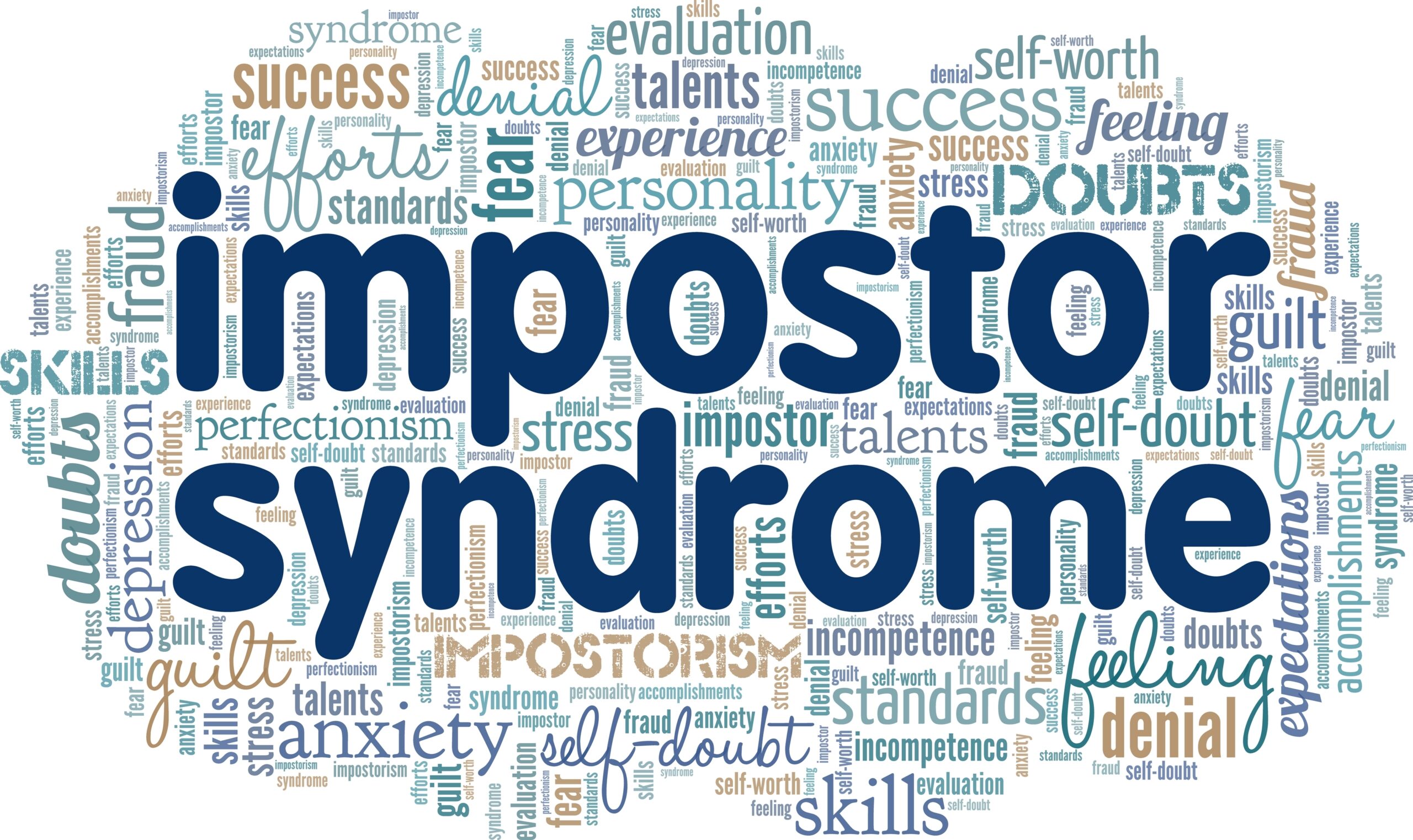


Meet Damian (name altered for anonymity). Age 45 and Director in a clinical research team with a major pharmaceutical firm. Damian had worked in various roles in the pharmaceutical industry for over 20 years as a scientist and administrative leader.
I first met him when he felt “stuck” in his current role. He had been in the same position for 5 years and while he had received pay raises, he had not been given any opportunity for promotion or significant professional growth. During our initial sessions, he explained to me all the constructive feedback he had received in recent years. He also explained the various personality and behavioral assessment tools used at his company – MBTI, DISC, CPI to name a few.
These assessment tools had been used to make him aware of his weaknesses. He knew them well and during our sessions, spent several minutes listing all of them. When I later asked him what his strengths were, he sat quiet and confused. He told me no one had asked him that before. He also did not understand the relevance to our discussion and was curious.
Many leaders believe that by understanding an employee’s weaknesses, they can work towards overcoming those weaknesses and the employee can then head down a path to achieve larger goals. This approach is about starting with a negative and trying to convert it into a positive. But what if we started with a positive and stayed on that course to create even more positives? Imagine how much easier this approach would be: know our strengths first and empower those strengths to achieve larger goals.
So why focus on strengths rather than weaknesses?
It feels good. Speaking about strengths provides more positive, happy, joyful feelings.
Research says so. Research in positive psychology shows how having more positive thoughts can lead to more positive outcomes.
Breeds excellence. Understanding and acknowledging strengths helps to reinforce them. People with high self-confidence know what they are good at; the more aware a person is of their strengths, the more they will do to showcase them.
It helps others. Seeing strengths in oneself helps reveal the strengths in others. This, in turn, helps others understand and use their own strengths to move the organization forward.
Easier to remember. Once we learn the vocabulary, it’s easy to remember our strengths and relay them to others. We are uplifted by the positive words to explain our unique attributes rather than being depressed by the constant reminding of our weaknesses.
Now that we understand the potential benefits of focusing on strengths, how do we identify them?
There are different methods to discover one’s strengths:
CliftonStrengths Assessment
The CliftonStrengths Assessment was developed by Don Clifton, the father of strengths psychology. It has been used for over 30 years and has been taken by over 24 million people worldwide. An individual is able to understand their dominant talent themes and how to convert those talents to strengths. Talent is about who we are and what our hidden potential is. Strength is about what we are doing that is developed, observable, and leading us to positive outcomes.
The assessment helps to identify a person’s natural abilities and strengths that they can use in both their personal and professional lives. But in order to create more awareness to those strengths and how to apply them towards accomplishing a goal, partnering with an executive coach is key.
Coaching through the Strengths Assessment
An executive coach helps you through the assessment process – taking it and analyzing the results. We start with a Gallup exercise – “Name It, Claim It, and Aim It.” This involves first naming your strengths – understanding the talent themes and which strengths you derive from those themes. You then can claim your strengths – agree with them and how they apply to your leadership style. Lastly, you can aim your strengths – identify a problem that needs to be solved or a goal that needs to be reached and aim the strengths you naturally possess towards solutions.
All of my clients are high achieving individuals and leaders in their various fields. They have advanced technical skills and seek my coaching services out to help develop their leadership skills. As in Damian’s case above, we went through the same process of naming his strengths, claiming them, and then worked on a one year plan to aim his strengths towards creating executive presence and achieving a job promotion.
Success comes more easily from empowering your strengths than trying to overcome weaknesses. The next time you are trying to accomplish a difficult task, start with thinking about your natural talents and aim your strengths towards the goal. This positive approach will keep you more motivated, energized, and focused on what you need to accomplish.
Contact me for getting your strengths assessment completed and analyzed today!
Aashi Arora, MHA
aashi@iriseexecutivecoaching.com
(916) 292-8862
 Preparing to Step Into CEO Roles
May 30, 2023
Preparing to Step Into CEO Roles
May 30, 2023
 Tackle Imposter Syndrome by Prioritizing This Relationship
May 12, 2023
Tackle Imposter Syndrome by Prioritizing This Relationship
May 12, 2023
 How Do You Know It’s Imposter Syndrome?
Mar 08, 2023
How Do You Know It’s Imposter Syndrome?
Mar 08, 2023
 Imposter Syndrome During a Job Transition
Jan 20, 2023
Imposter Syndrome During a Job Transition
Jan 20, 2023
 4 Strategies for A Successful Interview
Oct 19, 2022
4 Strategies for A Successful Interview
Oct 19, 2022
Please subscribe to receive a pdf of 15 Ways to Tackle Imposter Syndrome
